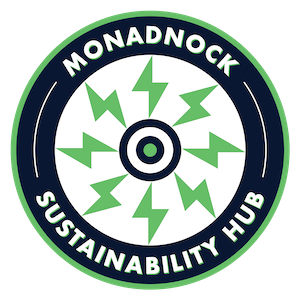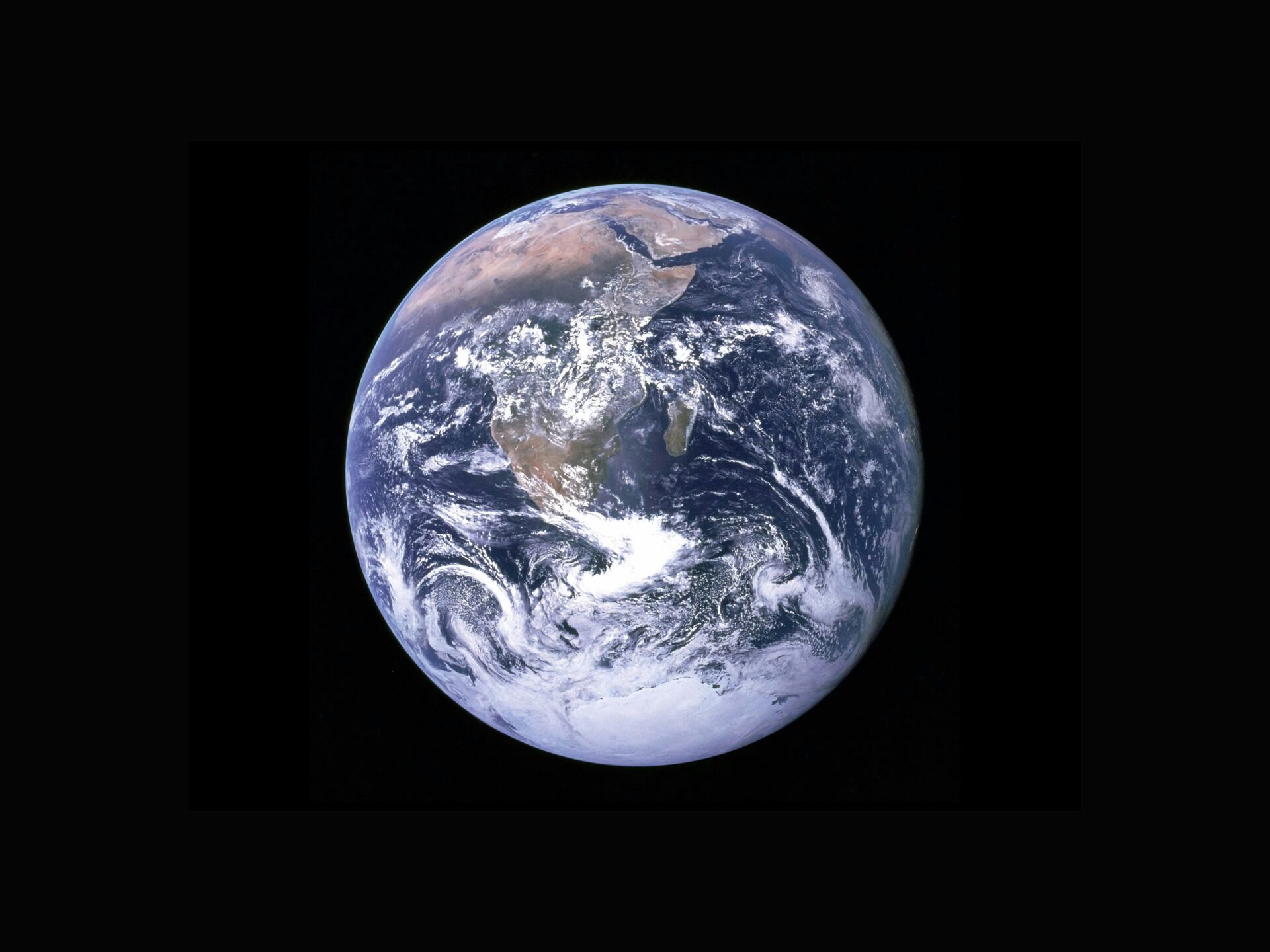By Matthew Myer Boulton. Originally Published in The Monadnock Shopper News, Green Monadnock column, June 2024.
When it comes to our overheating planet, three questions matter most: What’s going on? Why is it important? What can we do? Let’s tackle these three questions, one at a time.
What’s going on? Our species, Homo sapiens, has been around for about 300,000 years, but we’ve been massively polluting for only about the last 70. And over the last five decades, we’ve experienced what some call “The Great Acceleration”: more than doubling the size of the human population, and even more important, more than quintupling the size of the world’s economies.
All that growth has been driven by burning dirty fossil fuels such as coal, oil, and gas – and as it turns out, that pollution stays up in the air for a long, long time, a thickening blanket in the sky all around us, overheating the planet. The last nine years are the nine hottest in recorded human history; 2023 was the hottest yet, and 2024 is on track to beat it. And within the lifetime of a child born today, we’re currently on track to more than double the overheating we’ve caused so far.
Here’s an analogy we all can relate to: imagine a car sitting for a few hours in a sunny parking lot on a summer day. The sunlight passes through the glass, heating up the car’s interior, and the glass and metal traps the heat in – creating a life-threatening situation for pets or children inside the car. That’s essentially what we’ve been doing these last 70 years or so: the solar system is a sunny parking lot, the heat-trapping pollution we’re spewing into the sky is forming a giant car around the planet, and our home is getting dangerously hot.
Why is this important? Because overheating the planet leads to more extreme weather, more extreme vulnerability, and more extreme unrest. Extreme weather means more major storms, floods, melting ice caps and snowpack, sea level rise, droughts, wildfires, and wildfire smoke. Extreme vulnerability means more heat waves, toxic air, crop failures, hunger, thirst, poverty, disease, and extinct species. Extreme unrest means more refugees, conflict, and sociopolitical turbulence. That’s why Earth’s overheating is important: if we allow current trends to continue, we’ll bequeath a much more difficult and dangerous world to our children and grandchildren.
What can we do? Four things: first, we can stop the major polluters from continuing to thicken the blanket that’s overheating the planet. Second, we can help speed up the upgrade to cleaner, cheaper, safer energy sources, and more efficient, effective energy usage. Third, we can conserve and restore the parts of creation (like forests and peat bogs) that help remove some of the carbon pollution out of the air, thinning the blanket and cooling the planet. And fourth, we can spread the word about all of this, set an example, and help shift the cultural conversation (including the political conversation) away from polarized partisanship and toward common sense, practical wisdom, and cooperative action.
That last item – spreading the word – is crucial. The challenge we face is primarily a cultural challenge: the science is settled, feasible technological remedies are at hand (and forthcoming), and the economics of clean energy are already outstripping the economics of dirty fossil fuels. What remains is the cultural work of building a movement: talking about the problem and its solutions with friends and neighbors in clear, accessible, non-jargonistic terms; forging alliances; electing officials who share our values; and rejecting the lie that a livable world is a partisan issue. Republicans, Democrats, and Independents breathe the same air, drink the same water, enjoy the same forests and lakes and rivers and neighboring creatures. A liveable world is not a politically partisan goal. It’s a human goal – and it’s one we can achieve together.
We created the majority of this problem over the last five decades, since the early 1970s, and this is the decade, the 2020s, in which we need to take major strides toward solving it. The cavalry isn’t coming; we are the cavalry! By almost any measure (potential death, disease, displacement, extinctions), this is the greatest challenge (and opportunity!) in human history. The call to action is ringing like a bell on the town square.
Want to get involved? One of the most powerful things you can do is get involved with a local group: attend the Keene Clean Energy Team’s Climate Cafes, volunteer with the Monadnock Sustainability Hub, or connect with Clean Energy New Hampshire. The challenge is clear. Let’s get to it!
Co-founder and creative director at SALT Project, an Emmy-winning film production company based in Keene, New Hampshire, Matthew Myer Boulton is an author, teacher, filmmaker, and proud papa of Jonah and Margaret.
A graduate of Northwestern University, Harvard Divinity School, and the University of Chicago Divinity School, he has served on the faculty of Harvard Divinity School and seminaries in New England and the Midwest. Much of his teaching and research focuses on the intersections of the sciences and the humanities, with an emphasis on ecology and sustainable forms of human life. He also co-coordinates the grassroots Clean Energy Team in Keene, New Hampshire.

